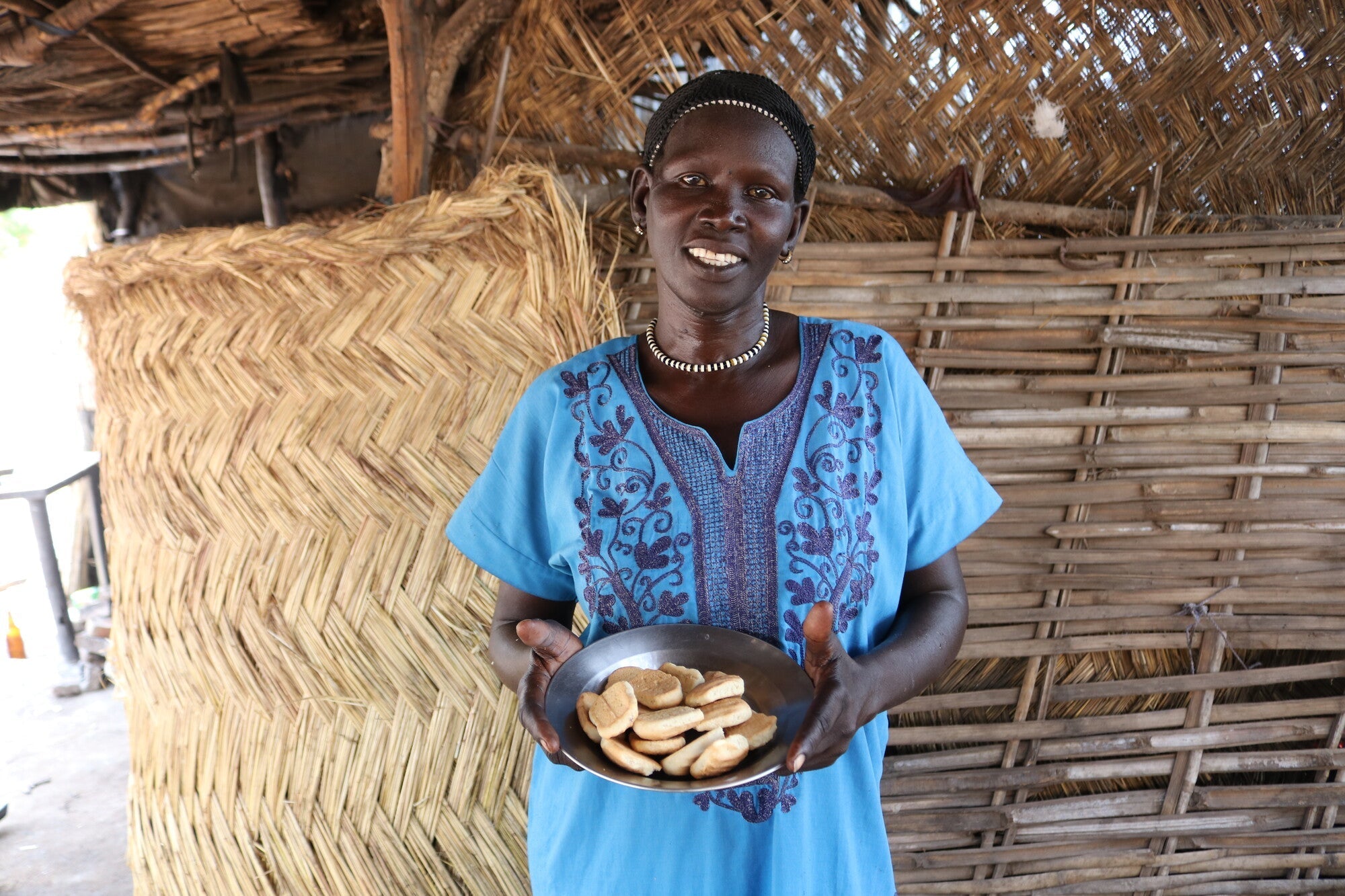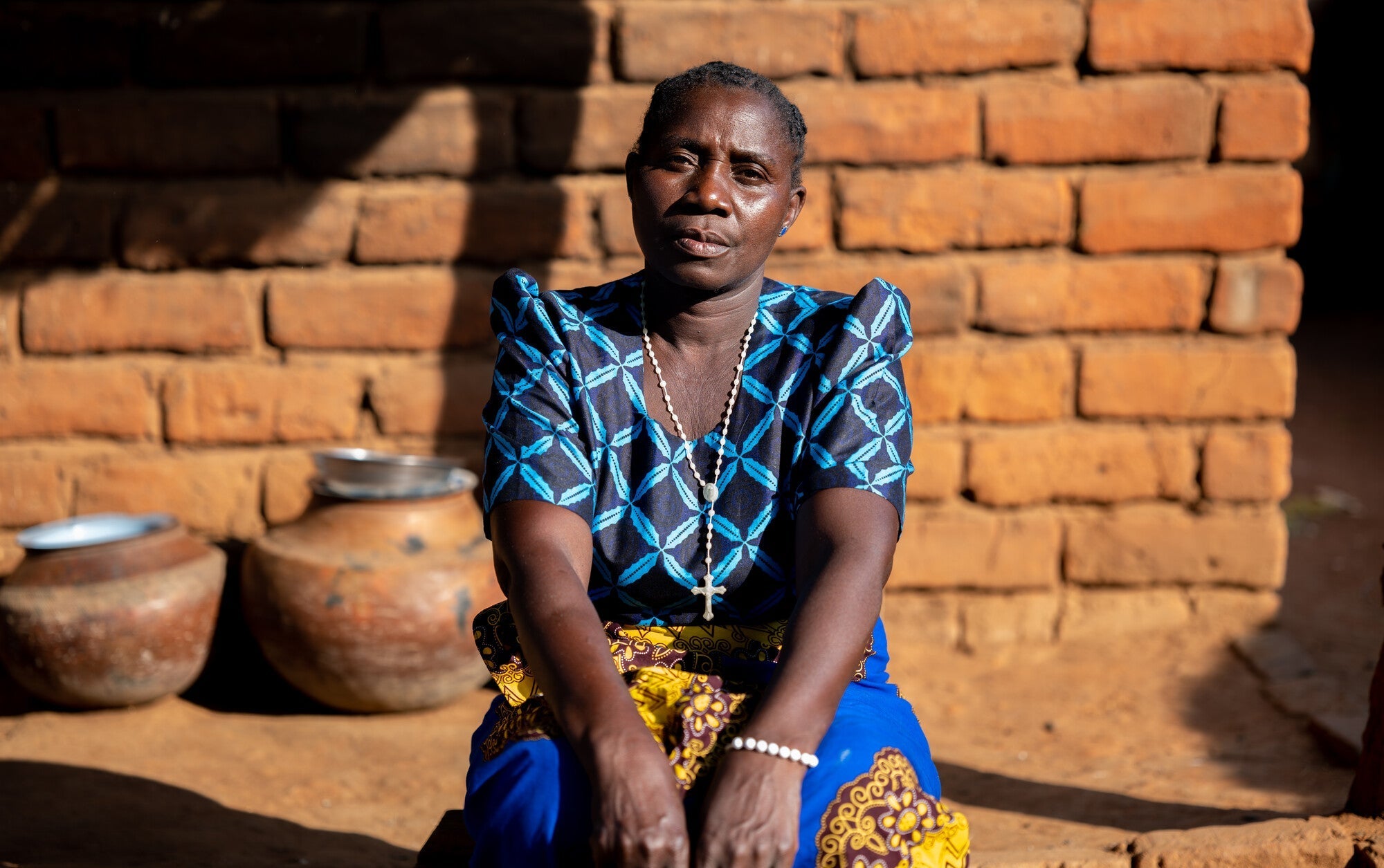I didn’t have any dreams a few years ago. I didn’t have any money to do anything.
- Kakoli Khatun
In the heart of Chilmari, a small village in the region of Kurigram, Bangladesh, a young woman named Kakoli Khatun is changing her life and her community.
At the age of 21, Kakoli's story is one of determination, dreams, and the transformative power women can have when they’re given a chance to shine.
A life laced with little prospects
In Kurigram, where agriculture is the lifeline for most families, climate change and flood wreak havoc on their crops – leading to huge losses.
Kakoli, reliant on her father and brothers, didn't have the means to pursue her dreams and to make things happen.
But within her, a spark of ambition flickered. She longed for something more, something that would not only uplift her own family but also her entire community.
‘I explained to my parents that I don’t want to marry, let me grow up. I want to study now. I am in the first year of my degree course,’ Kakoli says.
Changing her future
In the midst of her aspirations, Kakoli stumbled upon Nakshi Kantha, a centuries-old Bengali art tradition known for its exquisite embroidered quilts.
She recognised the potential of this traditional craft, not just as a source of income but also as a way to preserve a cherished cultural heritage.
Kakoli launched her business with training, start-up funding and support from Christian Aid and our parent Aid Comilla. Kakaoli says, ‘Without this support, we couldn’t do this work and couldn’t progress in the future.’
We started the new [Nakshi Kantha] business this year. I was eager for this. Nakshi Kantha is from an old era. It’s getting lost and no one is paying attention. It’s very beautiful. If we can make it and sell it, we will earn and it will spread.
'We were taught about e-commerce, internet browsing with a mobile phone, and how to know anything and do business.’
Together with other young women, Kakoli has built a 21st century internet-based business by reviving the centuries-old art of Nakshi Kantha.
Kakoli's vision extended beyond her immediate family – determined to change her life and the community around her.
‘My family is the biggest thing to me. My parents raised me through difficulties, and their success is key to me,' Kakoli says.
About our Financial Inclusion fund
Purchasing products from our Financial Inclusion fund. You can help more women like Kakoli to create an income and lift themselves and their families out of poverty.



